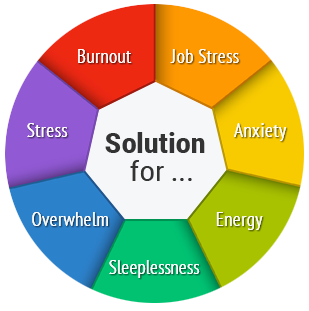Workshops and Groups for:
What We Do
We offer customized stress management and mindfulness training programs for individuals, corporations, schools, government agencies, hospitals, law enforcement, first responders and veterans.
These programs incorporate the HeartMath® system, positive psychology, meditation, EFT, gamification, and biofeedback technologies. Our programs utilize contemporary and groundbreaking research in the fields of neuroscience, psychophysiology, neurocardiology, biohacking, meditation and mindfulness.

Our Workshops and Programs Can Help with a Myriad of Issues:

- Academic Performance
- Behavior in Children including ADD/ADHD
- Hypertension
- Eating and Sleep Disorders
- Anger
- Chronic Pain and Fatigue
- Trauma/PTSD
- Cancer/Autoimmune Disease
- Grief and Healing
- Anxiety and Depression
- Relationships/Parenting
- Addiction and Self-esteem
Our Programs Deliver Important Outcomes:
- Improved mood and concentration
- Decreased blood pressure
- Better nervous system regulation
- Increased resilience and recovery during stressful events
- Ability to think clearly and find more efficient solutions
- Maintain poise and composure during challenges
- Improved family and social harmony
- Reduced fatigue and exhaustion
- Improved coordination and reaction times
- Improved focus and overall executive functioning
- Improved ability to learn and achieve higher test scores
- Access moment-to-moment intuition throughout the day
- Mental Clarity and Focus
- Performance in High Stress Situations
Why is Stress Management Important?
People experiencing high levels of stress tend to suffer from excessive fear, negative moods, difficulty sleeping, exhaustion and feelings of helplessness and hopelessness. So many of us are caught in a vicious cycle of managing stress in unhealthy ways such as overindulgence in food, alcohol and drugs while lacking the willpower and time to change. Year after year, the American Psychological Association reports nearly three-quarters of Americans say they experience stress at levels that exceed what they define as healthy, putting themselves at risk for developing chronic illnesses such as heart disease, diabetes, stroke, high blood pressure, sleep disorders, addiction, anxiety and depression.

